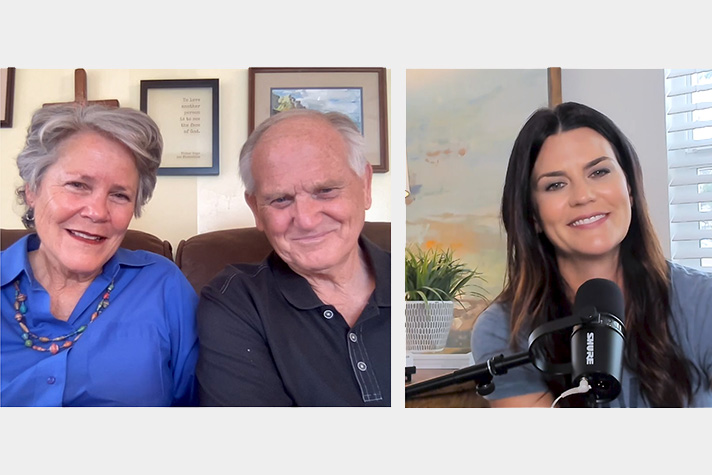
We all need therapy. Or do we?
Over the past few decades, therapy has become the go-to answer for all of life’s problems. But what are the risks—and consequences—of valuing secular therapy over godly counsel?
“I am not against therapists. I think there are godly therapists, godly counselors out there who help us navigate through traumas and challenges in life,” Cissie Graham Lynch shared in her Fearless podcast.
However, she believes several dangerous trends have come out of this new cultural norm.
>>Listen now, or watch on YouTube: “Therapy within the church—Are we seeking godly counsel?”
“We need to be very careful of the counsel that we are seeking and making sure that we’re seeking godly counsel. I think we’ve removed the job of the Holy Spirit in some seasons of our life,” Cissie Graham Lynch said.
On the final episode of her “Elephant in the Room” series, Cissie Graham Lynch invited Drs. Paul and Virginia Friesen, founders of a family and marriage counseling ministry, to share their perspective on this controversial issue.
“If our counselor or therapist is not helping us become who God wants us to be, that’s not a good fit,” said Dr. Paul Friesen. “I think a lot of therapists tend to want us to feel OK about our sin rather than grow in righteousness.”
For Christians, the end goal of therapy and seeking godly counsel should be the same—to become more like Christ. True change, healing, and restoration can come only through the grace of God.
“A life that’s put back together is the result of the work of the Holy Spirit,” Dr. Virginia Friesen said. “And He certainly uses people to help . . . but it’s really ultimately His work.”

